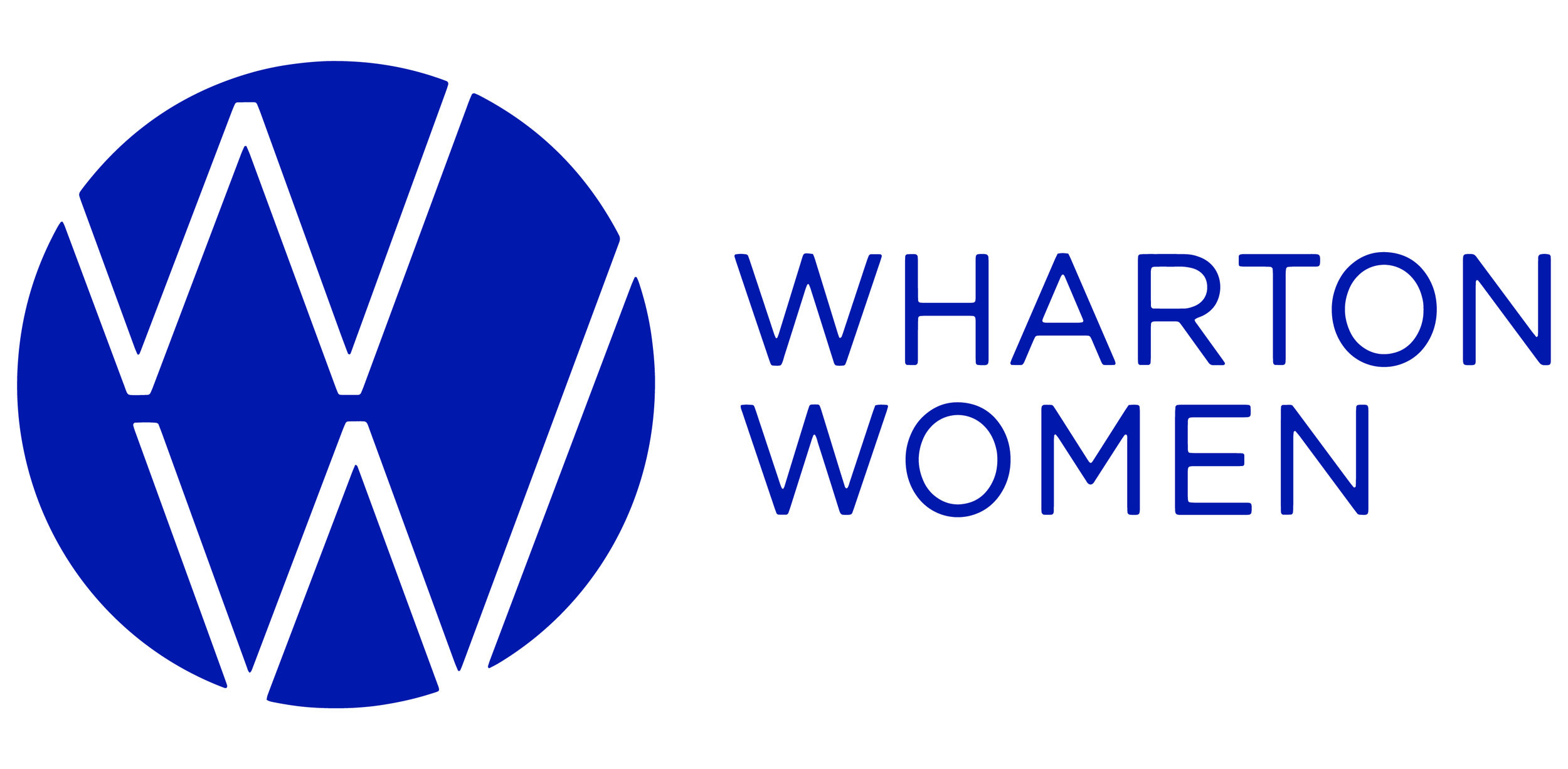Female Leaders: Energizing the Energy Industry
Written by Riya Anand (W’26); Edited by Elyse Kim (C’25)
The energy industry is one of the largest and most fast growing industries in the world. It focuses on the production, supply, and distribution of fossil fuels and renewables. As global warming and climate change become increasingly visible in our daily lives, the energy sector, specifically efforts to transition to sustainable and renewable sources, continues to grow rapidly today. From the installation of personal residence solar panels to the development of electric cars, not only does the energy sector affect the life of each individual, it also affects every other industry from manufacturing to agriculture to waste management.
Given its growing pertinence in society today, it is vital to acknowledge the gender disparities within this area. The energy industry is one of the least gender diverse sectors in the business world. According to the International Energy Agency, women only account for 22% of the energy production and distribution industry, despite comprising 48% of the overall global workforce. When it comes to managerial and administrative positions in energy, this number shrinks even further to 14%. Similar trends are seen in other divisions within the energy sector such as renewable energy companies.
Interestingly, women are regarded as high-value contributors to the industry, as various studies have shown that energy restriction disproportionately affects women compared to men. This discrepancy has been seen through differences in health and other areas.
Now, female leaders have started to stand up to bring other women into positions of leadership in the energy industry. Lucy Heintz, head of energy infrastructure at Actis, a leader in the transition to sustainable infrastructure , and her role promoting women leaders in the Taiba project – one of the largest wind installations in West Africa – and other initiatives are prime examples of this.
During the Taiba project and similar efforts, Heintz personally interacted with women in the local community, creating female networks, providing leadership training, and assisting these women overcome barriers faced when trying to enter and excel in this male dominated industry. Heintz emphasizes reaching out and assisting women in marginalized communities, as they are often the most affected by a lack of clean energy.
The work of female energy leaders like Heintz show the impact which women in positions of leadership can make on those surrounding them. Through increased education about the opportunities available within the sector and the development of strong female networks, women are being continually welcomed into the energy industry and placed in positions of leadership. Each woman has the ability to transform the future of the world of energy and go on to dissolve gender norms which overcome most business industries.
